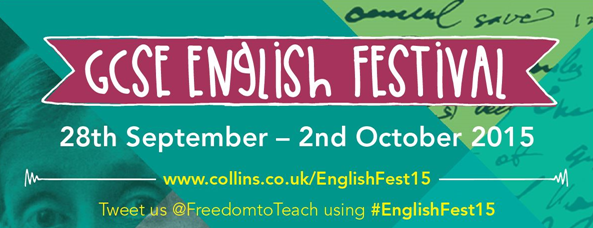Here are our top tips on how to get your students engaged in nineteenth-century literature and excited for every lesson!
Find out more about Collins GCSE English Festival here.
- Know your students
Select a novel that you think your students will enjoy – if your class is boy heavy then choosing a novel such as Pride and Prejudice will unlikely appeal to their interests, whereas Great Expectations, with a young male protagonist, may be more relatable.
- Know your strengths
It is important that you are enthusiastic and knowledgeable about the nineteenth-century novel you are teaching in order to generate engagement from your students. If you do not enjoy teaching the novel, then it is probably likely your students won’t enjoy studying it either. Similarly, choosing a novel you do not know well will make lesson planning more time consuming.
- Support reading with visual aids
Find a great film adaptation of the novel you have chosen and use it support the students’ reading of the book. It will not only aid their understanding of the characters and story line but will also open up opportunities to discuss the differences between the film’s portrayal and their own inferences. Having a 10 minute video clip during a lesson will also keep reluctant readers engaged and suit those who have a more visual learning style.
- Tackle the novel together
Let’s face it, nineteenth-century novels are daunting and their complexity and length may seem like too much of a challenge for some students. Whilst students do have to cover the whole novel in the exam, lessons are the perfect opportunity to break up the work within the class. You could assign groups a character, chapter or theme for them to report back and share with the rest of the class.
- Keep your lessons interactive and creative
Interactive activities are a great way to break up reading-heavy lessons and inject some fun and creativity into your lessons. Card sorting games, colourful storyboards and quizzes are enjoyable tasks which will aid your students’ knowledge of the book whilst ensuring that they are looking forward to their next lesson!





